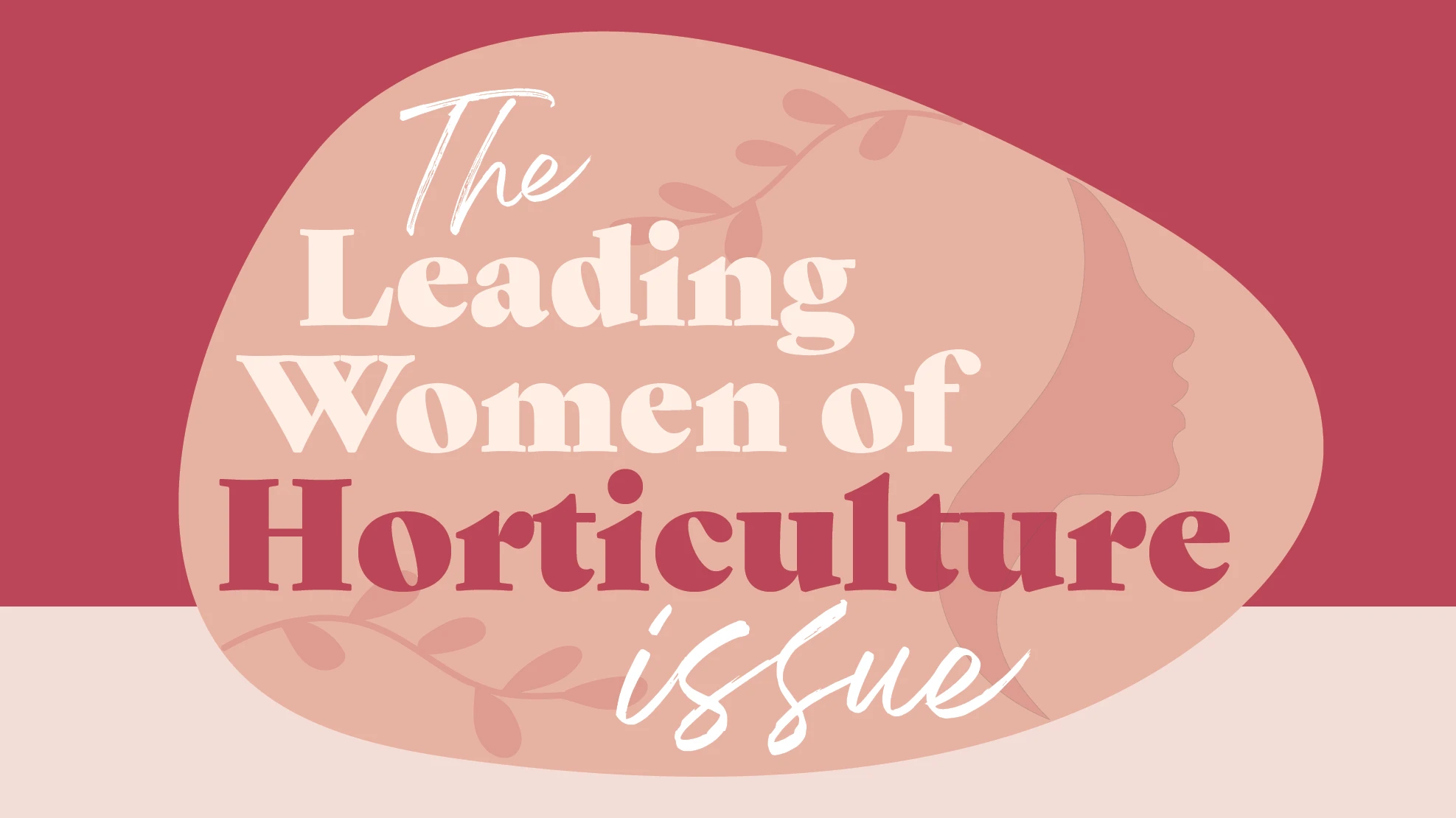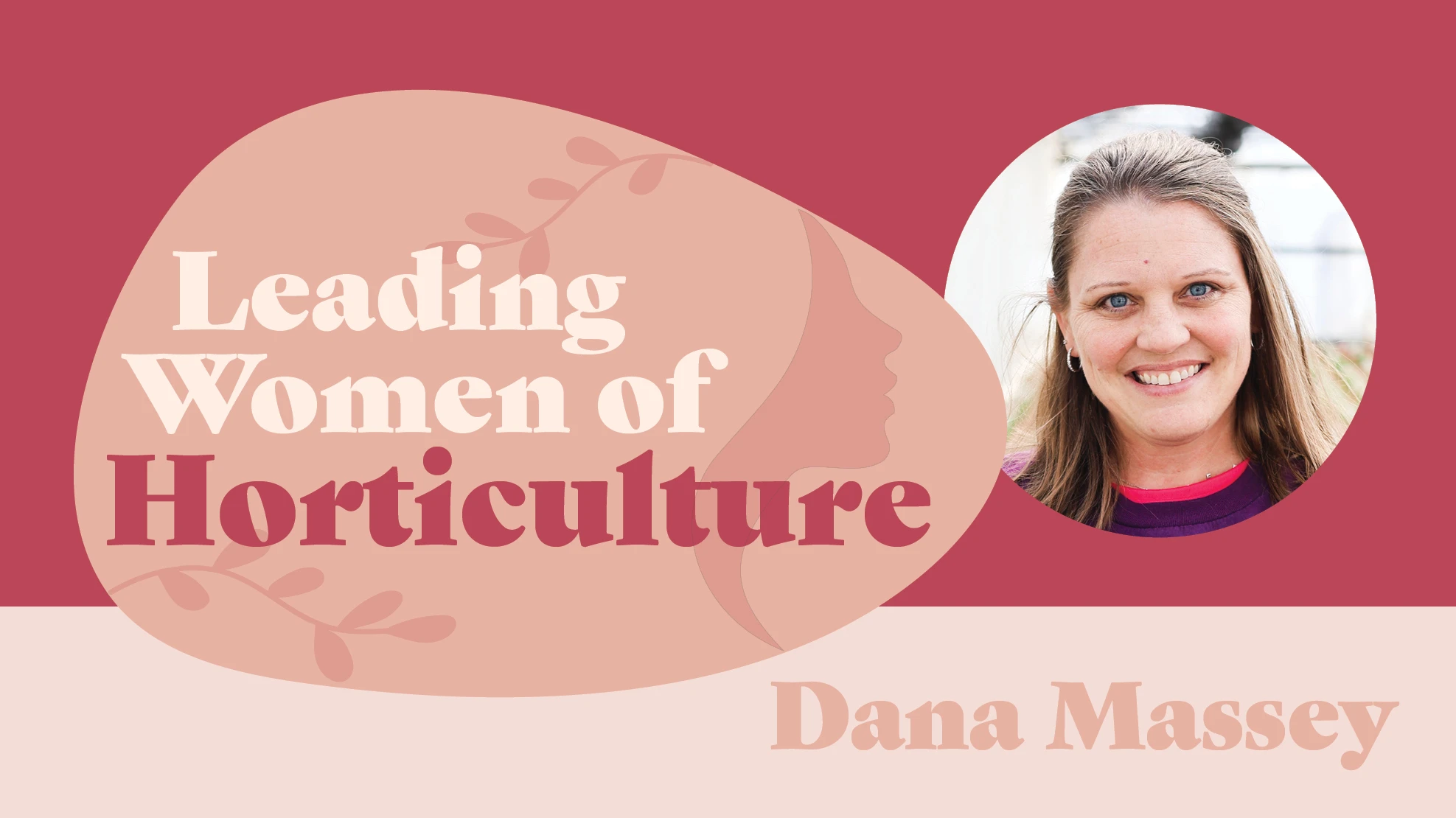
 At some point you may have heard a little ditty sung by Kermit the Frog called, "It’s Not Easy Being Green." In it he laments he’ll blend in with so many other ordinary things that he will not be seen. That is until he looks at life from a different perspective and realizes being a green frog is beautiful and unique. There is a parallel story out of the Pacific Northwest; an Oregon-based wholesale grower with a comical amphibian mascot that has taken a look at business from an uncommon view and found that green suits them to a T.
At some point you may have heard a little ditty sung by Kermit the Frog called, "It’s Not Easy Being Green." In it he laments he’ll blend in with so many other ordinary things that he will not be seen. That is until he looks at life from a different perspective and realizes being a green frog is beautiful and unique. There is a parallel story out of the Pacific Northwest; an Oregon-based wholesale grower with a comical amphibian mascot that has taken a look at business from an uncommon view and found that green suits them to a T.
A string of little coincidences has made Little Prince of Oregon Nursery the success it is today. Owner Keith, ‘Ketch’ de Kanter’s first career calling was marketing (which comes in rather handy these days). But it was actually a summer college job in landscaping that set the foundation for the company he leads. However, having the skills to market and the knack to grow does not guarantee success.
Ketch has conceived a multi-tiered differentiation strategy for his company. First was to focus on smaller plant material and natives. Second, he made sure to not lose sight of the importance of customer service. Third, he created a brand and finally, and perhaps most importantly, he has developed a company environment which encourages employees to “whistle while you work” and have fun.
 Little Prince didn’t always specialize in small-sized product. At the beginning, Ketch and his then business partner Brett Francis, developed a more traditional nursery platform, one which focused on ready-to-use landscape material. However, they soon realized the competition in that business model was fierce and a shift had to happen.
Little Prince didn’t always specialize in small-sized product. At the beginning, Ketch and his then business partner Brett Francis, developed a more traditional nursery platform, one which focused on ready-to-use landscape material. However, they soon realized the competition in that business model was fierce and a shift had to happen.
Little Prince switched gears to begin producing the plants they are known for today — plugs and liners up to 4 inches. The change may have been a risky one, but at the time, it was exactly what had to be done to survive in a market-flooded economy. Smaller plants meant quicker crop rotation than the woodies they had been growing. However, with that new size palette, also came a new and intense production learning curve. The smaller, specialized plants required more in-depth production knowledge and care.
About the same time they revised the size of their end product is when the market took a deep dive downward. While many growers, landscapers and just about everyone in the industry suffered, Little Prince actually thrived with its new market niche.
“We fared well during the economic downturn. We developed a ‘sell out don’t throw out’ mentality,” explains Mark Leichty, head of business development at Little Prince. “Also, we focused on our customer service and committed ourselves to our customers’ success.”
You can grow and market great plants, but the other necessary part of the equation that makes it all work is customer service.
“Both the quality and service from Little Prince is exceptional. I think what’s most important is trust. I trust them to deliver excellent plants,” says Vanessa Gardener Nagel, owner of Seasons Garden Design in Vancouver, Wash. “Also, they are one of the few nurseries I know that specialize in 4-inch plants. That can be very helpful when meeting a design budget.”
Specializing in smaller plants which have specific functions for garden design styles, sets this grower apart from those mass producing the ubiquitous perennials, annuals, trees and shrubs. If you think having a tight focus on smaller sized plants would limit their plant offering list, you would be mistaken. Just like any aspect in landscaping, the more you look into a specific type of gardening, the more opportunity you see. As such, Little Prince has more than 800 plants in its repertoire and that number continues to inch upward.
Being a marketing man, Ketch didn’t just put out a one-note availability list and call it good. He cleverly created his own branding, giving plant collections catchy names describing each line’s targeted gardening solution. Some of the Little Prince brands include: Blades of Glory, ornamental grasses; Fit for A King, rare and unusual plants for the intrepid gardener; Lords of the Fly, carnivorous plants; and Water Misers, require little or no water once established.
 The branding keeps the buyer and end consumers engaged by the marketing’s humorous play on words and exclusive crown-wearing frog logo.
The branding keeps the buyer and end consumers engaged by the marketing’s humorous play on words and exclusive crown-wearing frog logo.
Little Prince also has a generous amount of product that garden centers and landscapers alike can easily afford to purchase, even in cash-strapped times. Many items sell for less than $5 retail, making their product one that is always accessible to the trade customer and end consumer.
“We’ve found our calling selling smaller-sized, branded plants to garden centers, and our branding is our hook,” Mark says. “The ‘Little Prince’ appears on all of our brands. Furthermore, our branding is set up to target the usage of the plants.
“We feel our customer service experience goes beyond wholesale clients; it reaches the end consumer. When you sell a plant, it is more than a product. You are selling a feeling and experience, as well.”
If one were a betting man, placing a wager on the crowned frog and Little Prince of Oregon Nursery is a risk worth considering, as they seem to have the complete package — quality production, customer service and a niche market with a pulse on the future. Noted scientist Jean Rostand once said, “Theories pass. The frog remains;” and likely so will Little Prince.

For more: www.littleprinceoforegon.com

Explore the August 2015 Issue
Check out more from this issue and find your next story to read.
Latest from Nursery Management
- Leading Women of Horticulture: Katie Dubow, Garden Media Group, and Aubry Field, Lizzy Blossom
- Leading Women of Horticulture: Arden Pontasch, North Creek Nurseries
- Super Charged Moon Juice from Moon Valley Nurseries now available nationally
- 2025 Proven Winners Horticulture Scholarship applications now open
- Leading Women of Horticulture: Anna Ball, Ball Hort, and Terri McEnaney, Bailey Nurseries
- Leading Women of Horticulture: Crystal Cady and Elizabeth Brentano
- USDA fires experts on invasive pests, including Asian citrus psyllid, chilli thrips
- Dümmen Orange North America celebrating 25th anniversary in 2025





